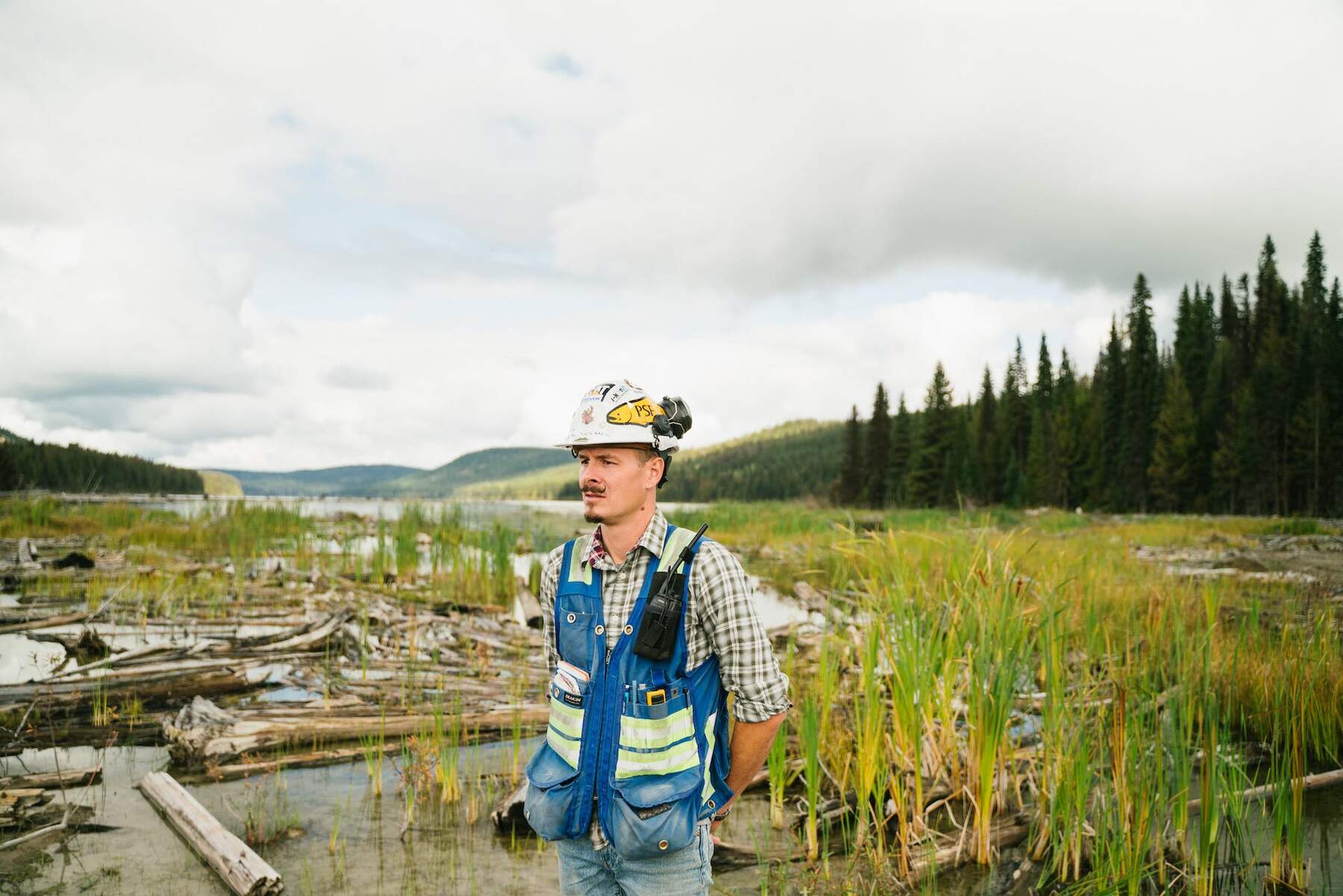For many students, career preparation is a main goal of getting a college education. It’s natural to want to know what your work environment would be like if you decided to follow your dreams and major in journalism. This career path can be challenging and demanding, but it can also be exciting and rewarding. When you complete your studies at one of the best journalism degree programs, you are ready for a wide range of communications and media roles.
Work Settings for Journalists
Journalism majors who go on to work as correspondents and reporters – essentially, journalists – work for various types of media. They my report the news for radio broadcast stations, television broadcast stations, print newspaper publishers or news websites.
Some journalism roles, such as TV news anchor, spend a great deal of time behind a news desk. However, many reporters spend much more of their time out in the field, according to the United States Bureau of Labor Statistics (BLS). That means they need the stamina to spend hours at a time venturing out to where the action is – and that could be inside or outside, in hot environments or cold ones. It may mean spending great deal of time on your feet, which can be physically demanding.
Of course, not every graduate from a journalism degree program works as a reporter. The versatile program of study can prepare you for many different communications positions. Depending on what your job entails, you could work in a variety of different settings – from public relations and advertising agencies to offices of companies and organizations with their own in-house marketing teams.
In many of the roles you can get with a journalism or communications degree, you may have the opportunity to work from home all or some of the time. Even among reporters, close to one in six professionals in the field are self-employed, the BLS reported.
A Career Full of Excitement
As a journalist, you might not spend much time at the office. Instead, you’re out in the field each day, chasing down stories. You need to keep moving to find a source to interview or to thoroughly investigate an event. Traveling to new locations each day is part of your routine.
For many reporters, night and weekend hours are common. You need to be around to report on new developments as they happen. Otherwise, these developments have become old news by the time the business day begins.
In some instances, news reporting is a dangerous occupation. When you’re out in the field investigating and reporting on natural disasters, terrorist attacks or extreme weather, you could be putting your life at risk.
To some candidates, spending your workdays – and evenings and weekends – out in the field and traveling to where the action is, even if it’s dangerous, is exhilarating. If the work instead sounds overwhelming or overly dangerous, then a less action-packed communications career might be a better choice for you.
The work settings and schedules that go along with a career in journalism and communications can vary a great deal from one job or employer to another. Work in a journalism role may require a more demanding schedule and more frequent field work than work in other communications positions does. The broad range of research and communication skills you learn by studying journalism can qualify you for any number of jobs, so it’s a good idea to consider early on what work environments you would prefer and which of these roles will be well-suited to that work setting.
Related Resources:


